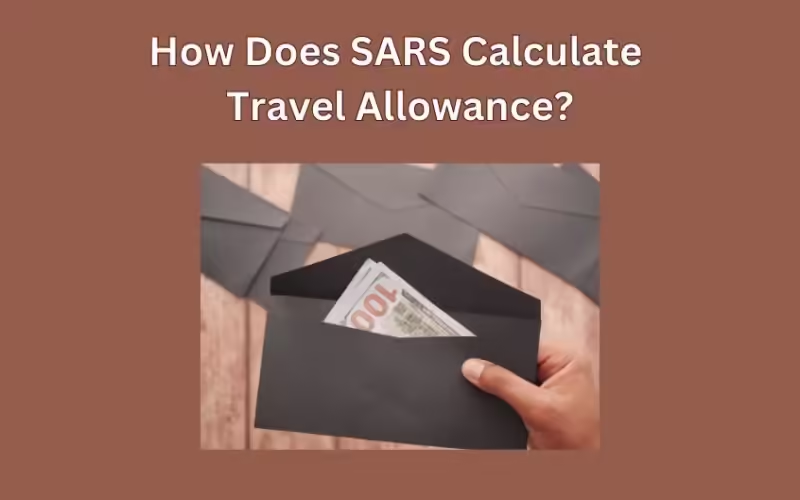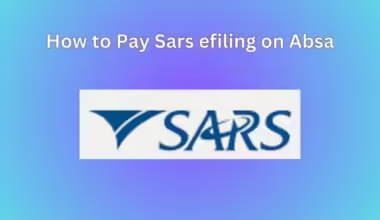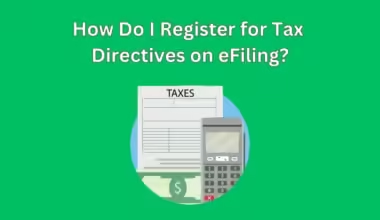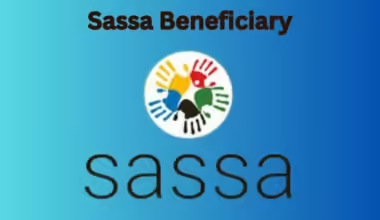To properly manage your finances as a South African taxpayer, you must comprehend how SARS determines your travel allowance. Travel allowances are one of the levies that are governed by the South African Revenue Service (SARS), and they have a big influence on your tax return.
The goal of a travel allowance is usually to reimburse costs spent when you use your car for business. SARS determines this allocation depending on several factors, such as the kind of vehicle you drive and the distance you travel on business. To make sure you claim the right amount, you must maintain thorough records of your trip.
Through a variety of services, such as electronic filing and payment methods, SARS promotes compliance. These technologies make it easier for you to comply with tax laws. You can also save a lot of money if you know what deductions you can use for your trip expenses.
SARS also carries out audits and investigations to make sure taxpayers follow tax regulations, which emphasizes how crucial it is to maintain thorough records of your business travel. You may make better preparations for tax season and make sure you’re not losing money if you understand how SARS determines travel allowance.
We’ll go into more detail about travel allowances and how they impact your total tax status in South Africa in this post. This knowledge will enable you to confidently navigate SARS laws, regardless of your experience with the system.
What is the SARS rate per km in 2024?
South African taxpayers need to comprehend how SARS determines travel allowance, particularly if they use their vehicle for work-related purposes. The SARS rate per kilometer for business travel has been fixed at 418 cents per kilometer for 2024. This fee covers several costs, such as fuel, upkeep, and vehicle wear and tear.
Every year, SARS modifies this rate in response to inflation and other economic variables like fuel prices. It’s crucial to remember that this deduction is only applicable to business travel—not leisure travel—if you plan to claim it. You have to keep thorough records of your travels to be eligible for this deduction. This contains the trip’s date, destination, distance traveled, and any other pertinent information.
Maintaining precise records helps you make sure your claims are legitimate, which can have a big effect on your tax return. SARS may reject your deduction if you don’t maintain accurate records, which could increase your tax obligations.
How does SARS calculate travel allowance?
South Africans who use their vehicles for work-related travel must comprehend how SARS determines travel allowance. These allowances, which assist in covering expenses like gasoline, upkeep, and wear and tear on your car, are calculated according to criteria provided by SARS.
The calculation begins with the kind of car you drive and the distance you go to work. The engine size and journey distance determine the various per-kilometer charges that SARS offers. For instance, the SARS rate for cars with engines up to 1,000 cc is set at 418 cents per kilometer in 2024; costs for cars with larger engines vary.
SARS has a tiered strategy for long-distance travel. For the first 14,000 kilometers, you might receive a higher rate; for any additional distance, you might receive a lower rate. Because these rates are subject to change annually, it’s important to routinely visit the SARS website to stay informed.
Maintain thorough documentation of your business travels to optimize your claims for travel reimbursements. Note the dates, distance, and goal of your trip. You run the danger of SARS rejecting your claims if you don’t have the right paperwork.
Can you claim petrol back from SARS?
Individuals who meet certain requirements, such as keeping correct records and submitting the claim within the specified time frame, and whose gasoline expenses are related to their employment may be eligible to receive a tax refund from the South African Revenue Service.
Is travel allowance included in gross income?
The South African Revenue Service states that while determining a person’s tax obligation in South Africa, travel expenses are normally included in their gross income.
Whether a travel allowance is regarded as a “non-reimbursed” or another reimbursement determines how it is treated tax-wise.
How much is the travel allowance per km?
To calculate PAYE, SARS requires that the employee’s wages include 80% of their travel allowance. Employers who are certain that at least 80% of the car’s use during the tax year will be for business purposes can reduce the amount to 20%.
The travel allowance in South Africa is thought to be between R 3.82 and R 3.98 per kilometer.
Does gross salary include travel allowance?
According to the South African Revenue Service, when calculating a person’s tax due, their gross income should include their travel allowance. Remember that SARS has documentation of this policy if you want to verify if your gross compensation includes travel expenses.






